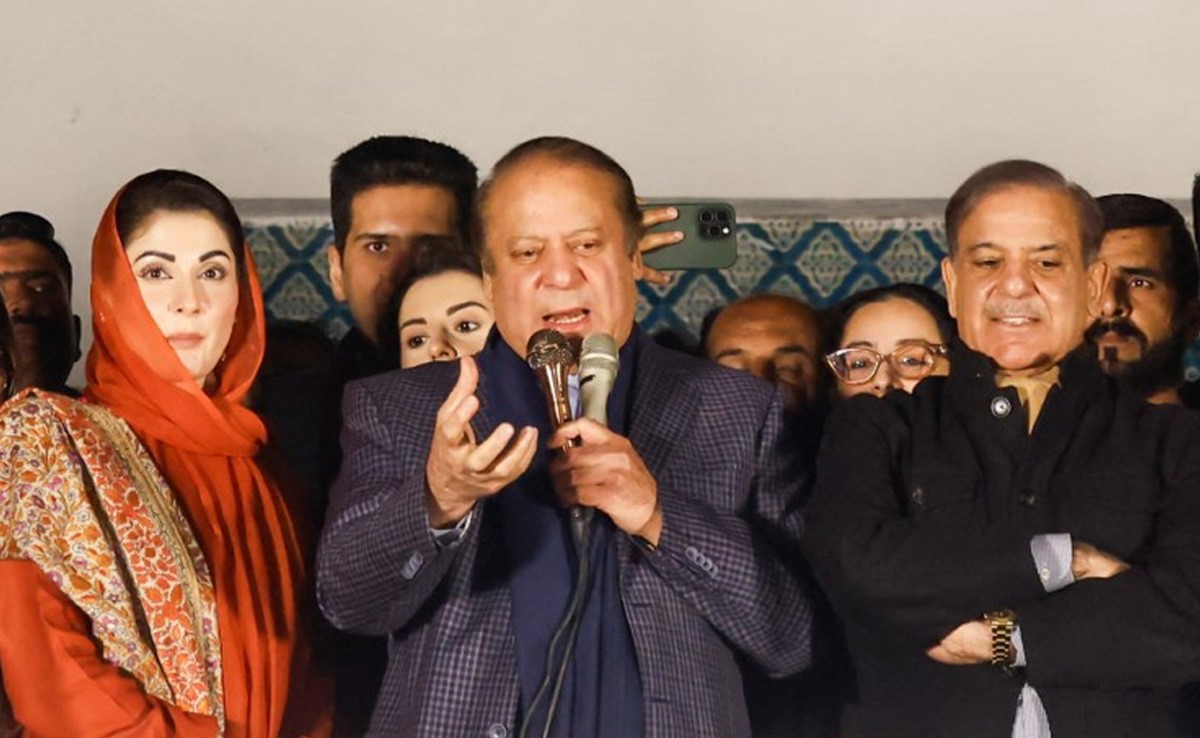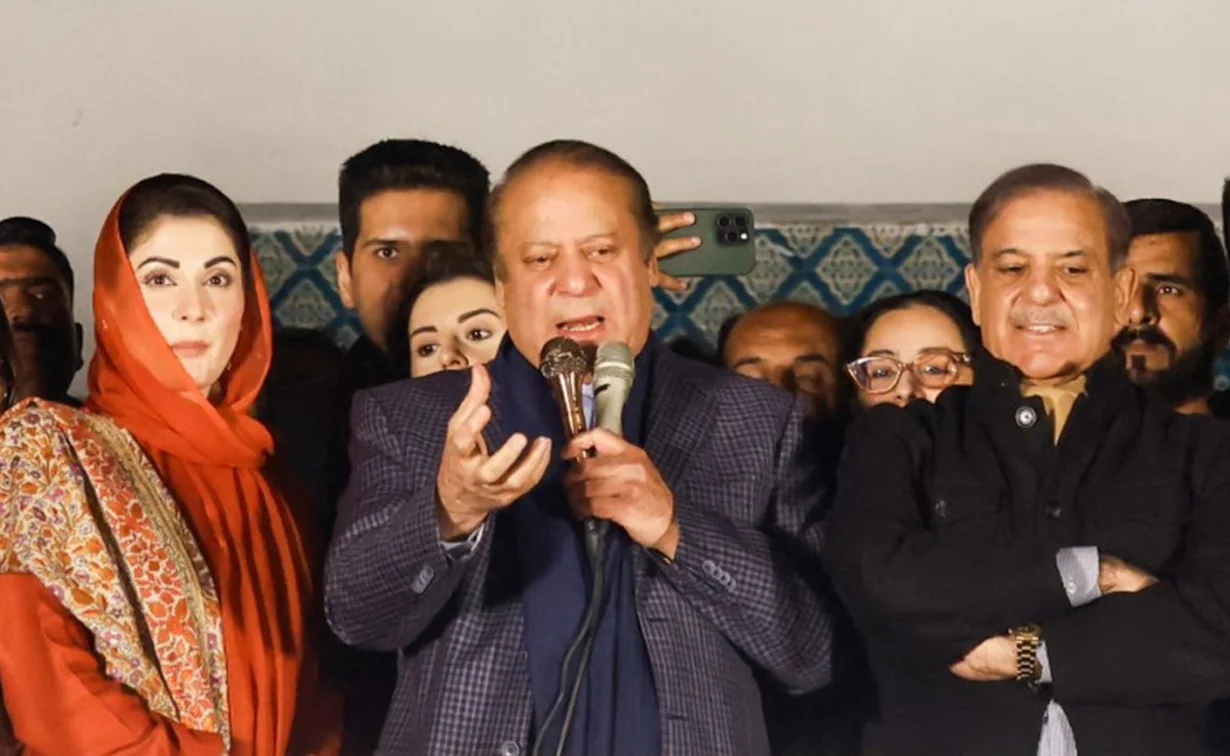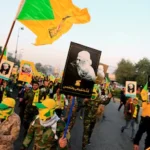Nawaz Sharif, former Prime Minister of Pakistan, made a statement reflecting on the events of 1999 when Pakistan violated an agreement with India. This event, known as the Kargil conflict, was a major military clash between the two nations. Sharif’s statement suggested that breaking this agreement was a significant mistake by Pakistan. Many interpret Nawaz Sharif indirectly criticised Pakistani military’s strategy at that time.
)
Background of the 1999 Conflict
In 1999, Pakistani soldiers, along with militants, crossed the Line of Control (LoC) into the Indian side in the Kargil district of Jammu and Kashmir. This led to intense fighting with Indian forces. The conflict ended with Pakistan withdrawing its troops after international pressure and diplomatic efforts, particularly from the United States.
Nawaz Sharif’s Role
Nawaz Sharif was the Prime Minister of Pakistan during the Kargil conflict. He has often claimed that the military did not fully inform him about their operations in Kargil, suggesting a lack of civilian oversight over military actions.
Sharif’s Recent Statement
Recently, Sharif stated that violating the agreement with India in 1999 was a major fault of Pakistan. This statement can be seen as a critique of the Pakistani military, which was responsible for the Kargil operation. Sharif’s comments can be interpreted as an indirect attack on the military strategists of the time, who he implies made a grave error in judgment.
Implications of Sharif’s Statement
Civil-Military Relations
Sharif’s statement highlights the ongoing tension between civilian leadership and the military in Pakistan. Historically, the Pakistani military has held significant power, often influencing or directly controlling political decisions. By critiquing the military’s strategy, Sharif is challenging this dynamic and advocating for greater civilian oversight and control over military operations.
Public Perception
The public in Pakistan has mixed feelings about the military. Many view it as a vital institution for national security, but there is also criticism about its involvement in politics and its decisions. Sharif’s statement might resonate with those who believe that the military’s overreach has sometimes led to negative consequences for the country.
Political Ramifications
Sharif’s statement could have significant political ramifications. It might strengthen his position among his supporters who favor democratic governance and civilian supremacy over the military. However, it could also provoke backlash from the military and its supporters, potentially leading to increased political tension and instability.
International Relations
Sharif’s critique could also impact Pakistan’s international relations, particularly with India. By acknowledging the mistake of violating the agreement, Sharif might be signaling a willingness for more peaceful and cooperative relations with India. This could be viewed positively by the international community, which often advocates for stability and peace in South Asia.
Military’s Response
The Pakistani military might respond defensively to Sharif’s statement. It could reassert its narrative of the Kargil conflict, emphasizing its role in defending Pakistan’s interests. The military might also try to discredit Sharif by questioning his leadership and decision-making during the conflict.
Future of Civil-Military Dynamics
Sharif’s statement could contribute to a broader debate within Pakistan about the appropriate balance between civilian leadership and military authority. If more political leaders and public figures start questioning the military’s role in political decisions, it could lead to reforms aimed at strengthening democratic institutions and civilian control.
Conclusion
Nawaz Sharif’s statement about the 1999 Kargil conflict is significant because it touches on sensitive issues of civil-military relations, political power dynamics, and national strategy. By indirectly criticizing the military’s actions, Sharif is advocating for a reevaluation of past decisions and pushing for a future where civilian oversight is paramount. This could lead to both internal political shifts and changes in how Pakistan interacts with its neighbors and the wider world.
The implications of Sharif’s statement are profound and multifaceted. They highlight the need for a balanced and democratic approach to national security and foreign policy. Whether this leads to positive change or further controversy will depend on how various stakeholders within Pakistan respond to Sharif’s critique and how willing they are to embrace a more civilian-led governance model.
4o



Leave a Reply